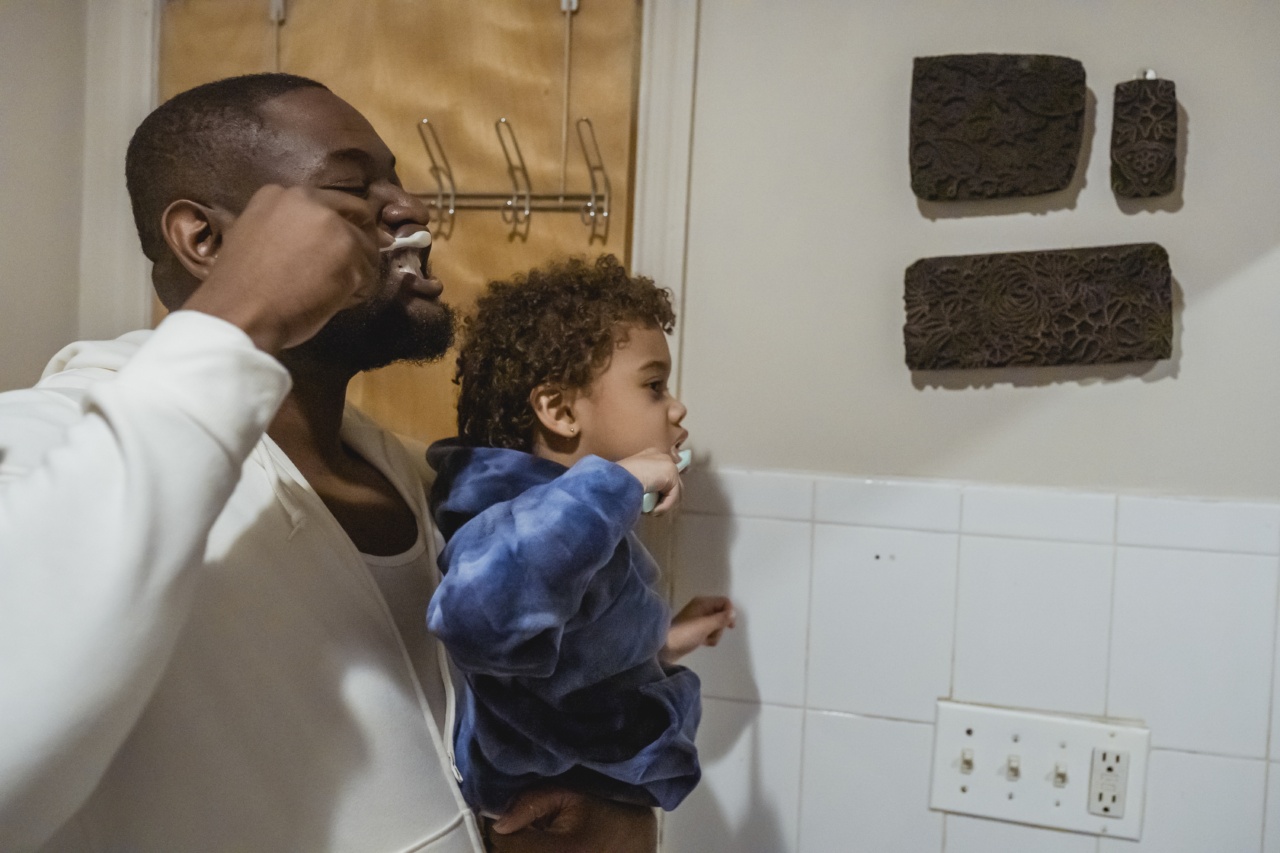Oral hygiene is of utmost importance, especially in children. Poor oral hygiene can lead to various dental problems like cavities, gum diseases, and bad breath. Here are ten signs that can indicate your child has bad oral hygiene:.
1. Bad Breath
Bad breath is often an indication of poor oral hygiene. A buildup of plaque and bacteria can cause bad breath, even if your child brushes their teeth daily.
If your child has persistent bad breath, it is essential to take them to a dentist for a check-up.
2. Yellow or Discolored Teeth
If your child’s teeth are yellow or discolored, it could be due to poor oral hygiene. A buildup of plaque and tartar can cause stains on teeth, compromising their appearance and dental health.
You should take your child to the dentist to evaluate the cause of the discoloration and find a solution.
3. Bleeding Gums
Bleeding gums are an indication of gum disease, which can result from poor oral hygiene. If your child’s gums bleed when brushing or flossing, it is crucial to make an appointment with a dentist.
The earlier gum disease is detected, the easier it is to treat.
4. Cavity Formation
Cavities occur due to poor oral hygiene. If your child has any signs of cavity formation, such as brown or black spots on their teeth, it is essential to take them to a dentist for treatment. Untreated cavities can lead to infection or tooth loss.
5. Tooth Sensitivity
If your child complains of tooth sensitivity when eating hot or cold foods, it could be an indication of poor oral hygiene.
Sensitivity occurs when the protective layer on the teeth wears off, exposing the nerves, making them susceptible to pain and discomfort. Seeing a dentist can help identify the root cause of the problem and alleviate the discomfort.
6. Swollen Gums
Swollen gums can occur due to poor oral hygiene and can lead to gum disease. If your child has tender, red, or swollen gums, take them to see a dentist. Early detection and treatment can prevent further complications.
7. Mouth Sores
Mouth sores can be linked to poor oral hygiene. If your child has mouth sores that persist for more than a week, it is essential to take them to see a dentist or doctor.
In some cases, mouth sores can be an indication of an underlying condition that requires medical attention.
8. Tongue Coating
A coating on the tongue can be a sign of poor oral hygiene. It is caused by the buildup of bacteria and debris and can lead to bad breath, affecting your child’s self-esteem.
An evaluation by a dentist can identify the underlying cause and provide a solution.
9. Dry Mouth
Dry mouth can be caused by poor oral hygiene, insufficient water intake, or a side effect of medication. It causes discomfort and increases the risk of dental problems like cavities and gum disease.
If your child complains of dry mouth, encourage them to drink more water and see a dentist for proper evaluation.
10. Difficulty in Eating
If your child has difficulty eating or experiences pain while chewing, it could be due to poor oral hygiene. Gum disease and cavities can lead to these symptoms, and early detection can prevent further damage and alleviate the discomfort.































